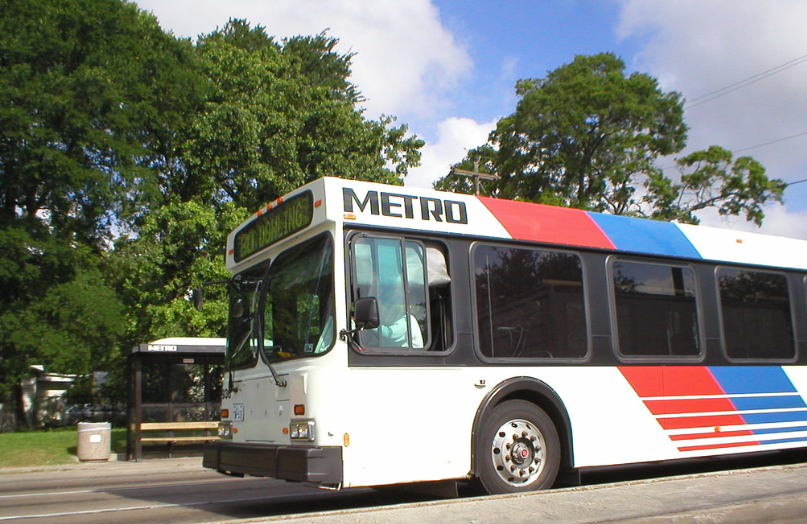Early voting for local elections and bonds started Monday and continue through election day on November 5. Houstonians will decide on their city council members, mayor, various bonds and other measures. Among the bonds, is the $3.5 billion requested from METRO to cover the first phase of METRONext.
The plan will add 16 miles to the region's three light rail lines, one of which will reach down to Hobby Airport, expand the use of bus rapid transit by 75 miles in total along Interstate 10 and Interstate 45 to Bush Intercontinental Airport, and create two-way, high-occupancy vehicle or high-occupancy toll lanes along most of Houston's freeways.
According to past Kinder Houston Area Surveys, traffic has repeatedly been identified as Houston's biggest problem since 2014, except the 2018 KHAS following Hurricane Harvey.
The bond won't increase taxes for the general public but instead will be combined with a potential $3.5 billion match in federal funds and $500 million in other available local funds. The $3.5 billion bond plus other funds will allow for up to $7.5 billion in transit network development – projects that will be crucial for the growth and mobility demands of the Houston region for the next several decades, according to supporters including Greater Houston Partnership and the Houston Chronicle. Both urge voters to pass the move.
According to a 2019 Houston Public Media-KHOU survey, 60% of respondents said they would vote in favor of the bond, although nearly a third of voters are still undecided on the issue.
The Greater Houston Partnership’s Transportation Advisory Committee's chair Mark Cover, CEO Southwest Region at Hines, studied the bond's proposed routes, services, ridership projections, cash-flow analyses and transit modeling forecasts and found the plan was fiscally responsible, has the adaptability for future technologies (like autonomous vehicles) and was generally feasible to implement.
He says the success of the plan is largely due to METRO's inclusion of the community through active outreach in the development of the plan. “We thank METRO officials for their willingness to sit down with us to discuss the bond proposal and the METRONext plan,” Cover said in a press release. “The ability of Houstonians to more efficiently move around our region is essential to our continued economic success – both for our businesses and our employees and their families. The METRONext plan directs our transit plans between now and 2040. It is critical that we get this right, and I think we are on a good path.”
In addition to the KHAS findings, city leaders urge public transportation investment like METRONext to be passed because of Houston's estimated future population growth. According to the 2010 U.S. Census projections, the Houston region is expected to reach a population of 9.6 million residents, which is 3.8 million more than the 2010 Census counted.
With growth like this, a multi-modal transportation system is a necessity, but that comes at a cost.
“Our total investment needs in this arena are enormous and perhaps some will feel this isn’t enough,” Andrea French, executive director of Transportation Advocacy Group - Houston chapter, told the Houston Chronicle. “However on the flip side, when we ask the voters to support larger amounts, there is a sticker shock risk.”
Not starting work on some of these projects, however, would be far more destructive, METRO chairwoman Carrin Patman told the Houston Chronicle.
“I think if it doesn’t get passed we are in a world of hurt for our mobility needs,” she said.
Registered voters within the METRO service area, which includes 14 cities in the region and major portions of unincorporated Harris County, will vote on the bond item as part of the November 5 general election.

